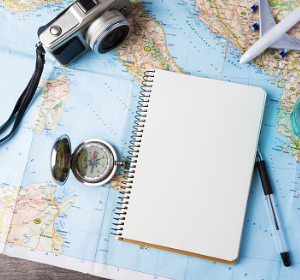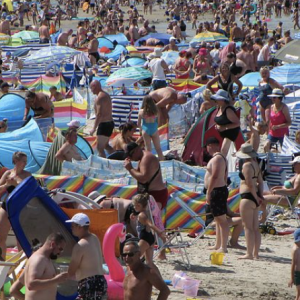 If you are thinking of hiring a car whilst on your holiday in Turkey here are a few useful driving tips for you. Driving in Turkey can be stress free if you just follow the rules!
If you are thinking of hiring a car whilst on your holiday in Turkey here are a few useful driving tips for you. Driving in Turkey can be stress free if you just follow the rules!
The wearing of seat belts is compulsory.
There are very strict drink driving laws – Absolutely NO alcohol if you intend to drive.
We drive on the right hand side of the road and yield to those approaching from the right.
Always carry your driving license and passport.
Be prepared to be stopped at traffic control points by the Traffic Police or Jandarma, who usually ask for your vehicle documents (ruhsat), which are normally kept in the drivers’ sun visor or glove compartment of your car. They may also ask to see your passport and driver license, although it is common for tourists to be merely waved on.
When you take possession of your car please make sure you;
Check where the vehicle documentation is – it should be in the vehicle (normally tucked in the driver sun visor or in the glove compartment.) Do not remove this documentation from the vehicle.
Check you have a copy of your rental agreement and the emergency contact details and keep them in the vehicle in case of accident or difficulty.
Check the type of petrol to be used.
Check where the tools are kept.
There are numerous petrol stations on main roads. These are not self-service; a petrol pump attendant will assist you. Payment; if in cash will be made to the attendant or if by credit card, to the cashier.
Keep an additional, full bottle of water in the boot for emergencies.
In case of accident or damage to the vehicle;
In the event of an accident, the vehicle must not be moved until the Traffic Police or Jandarma arrive. Do not attempt to move the vehicle even if it is blocking a route.
You have to immediately inform the car rental company. Details are provided on your copy of the rental agreement.
In case of an accident you have to contact the police and take a written report. In Turkey you also need to contact the police even for minor damage. You need to get a damage report and a police report. When you pick up your rental car, please ask for this information!
When you return the car you have also to make a damage report with your representative.
BE AWARE
On the roundabouts, vehicles joining have right of way whilst vehicles on the roundabout must give way.
All signs comply with the International Highway Code.
Towns are clearly signposted in white lettering on a blue background with archaeological sites and places of interests in black lettering on yellow, or white lettering on brown.
Particularly in rural areas, the road quality in Turkey can be poor. Beware of potholes and uneven road edges. Due to a recent campaign most roads have been finished, improved and widened and traffic is still light.
Be extremely careful when driving in or after the rain, as road surfaces will be very slippery.
Warning of a hazard ahead such as road works, car breakdown or a scene of an accident is seldom more than a few piles or a line of rocks on the asphalt
Red flashing traffic lights are treated the same as a stop sign, amber flashing lights are warning of a junction – you may go if there is nothing coming.
If another vehicle flashes its lights, this indicates that they are coming through, not that they are giving way to you. At nighttime, it can be taken as “stay off of my side of the road” and very rarely means that your high beam is on.
Night driving is best not attempted but if you do find yourself on the road after dark, please be aware of inadequately lit vehicles, very slow moving lorries, tractors and animals wandering across the road.
When a vehicle in front indicates to turn left across the coming traffic, it is usual, albeit a little disarming, for the driver to then pull off to the right. This is to let all the traffic behind him pass before turning left across both lanes of the road.
Speed Limits
In built up areas 50 km/hr
On the open road 90 km/hr
On the Motorways 120 km/hr
Radar gun and video speed camera surveillance has become intensive.
Driving offences such as speeding, jumping red lights and failing to wear a seat belt carry spot fines. You should always receive a receipt for any fine paid.
If you break down or need a repair please call your emergency contact number on your rental documentation.
Parking
Busy towns can become congested. If cars have parked on the pavement, they probably have a special permit to do so. Traffic police show the courtesy of cruising the streets calling the registration number of illegally parked cars over a loudspeaker giving errant drivers the chance to move the car before it is towed away and this is very expensive to release from the pound.
Car parks are well signposted from the main roads and there will normally be a charge for which an official ticket should be produced.
Ticket attendants are on duty in the town centers and will post a ticket under your wipers while your car is parked. Please make sure you pay the attendant (usually in an orange waistcoat) when you return to your car. The attendant will remove the ticket and give you a receipt.




